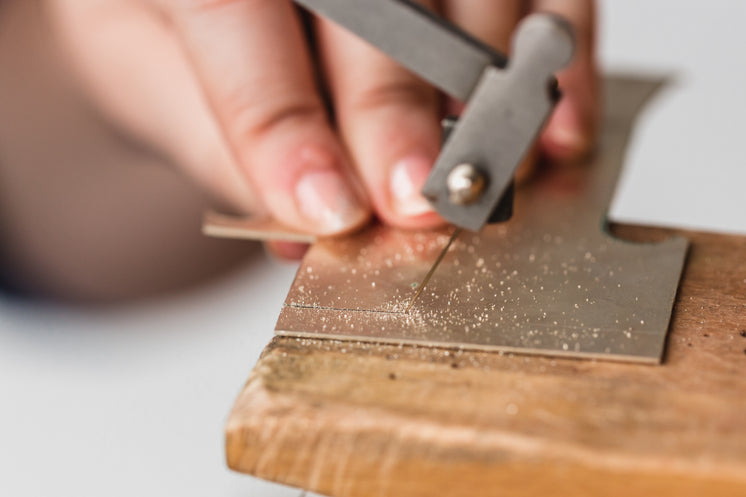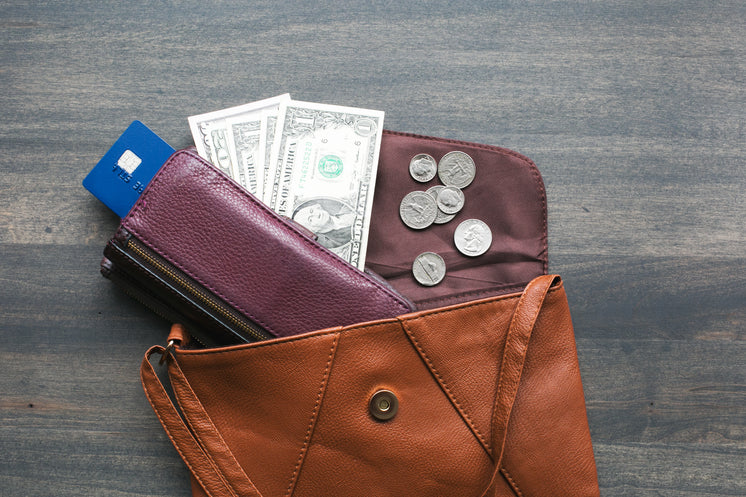Your credit report only entails your debt and existential credit situation. Primarily, you will be eligible to operate a typical checking account if you have had a good history. When you’ve got a bad history, you may have to consider second chance checking accounts. Besides, doing transactions, closing the accounts, or using several accounts would not affect you. If you have an overdraft, clearing the fees on time would eliminate it from the report. On the flip side, the overdraft might seem if the bank turns the sum to a set. That said, there are restricted scenarios when this accounts can drop your score. Some banks can check your credit report before approving your application for a checking account. The inquiry or application to get overdraft protection could generally tank your credit rating.
Most people always wonder whether taking out a new loan may hurt their credit. In a nutshell, loans and how you manage them is a critical factor in determining your credit score. Among the critical elements from the calculation of your credit, loans may improve or decrease your score. Having many delinquencies would continuously plummet your credit score. When issuing loans, lenders use your credit rating to determine the type of consumer you are. This preliminary examination may be counterintuitive since you need a loan to build a fantastic history. Here is more information regarding Credit Tips look at our own web-page. Quite simply, if you have not had a loan previously, your success rate would be incredibly minimal. That said, you’ll need financing and a fantastic credit utilization ratio to qualify for one. Potential loan issuers might accept your application if you’ve cleared all your bills in time. However, if your report is full of delinquencies, prospective lenders might question your eligibility. If you’ve damaged your report before, taking a fresh loan could help you reestablish it. Since debt quantity accounts for a considerable part of your account, you need to give it immense attention.
 Across the united states, with a credit card continues being one of the most efficient fiscal instruments. Several people narrate how hard it’s to get a credit card without issues successfully. Like every other solution, a credit card has a whole range of advantages and related cons. Before issuing you a card, charge card businesses consider several metrics prior to approving it. Quite simply, obtaining a low credit score would almost guarantee a flopped application. After obtaining the card, you’ll have to look at your spending habits, payment history, and use. If you neglect to keep good financial habits, your credit score would certainly drop. Besides, sending your program authorizes the issuer to execute a hard inquiry which affects your score. The more your application flops, the more inquiries are added to a report. In regards to having a credit card, many issuing firms have incredibly stringent regulations. If you don’t stick to the strict regulations, you will undoubtedly get influenced by the results.
Across the united states, with a credit card continues being one of the most efficient fiscal instruments. Several people narrate how hard it’s to get a credit card without issues successfully. Like every other solution, a credit card has a whole range of advantages and related cons. Before issuing you a card, charge card businesses consider several metrics prior to approving it. Quite simply, obtaining a low credit score would almost guarantee a flopped application. After obtaining the card, you’ll have to look at your spending habits, payment history, and use. If you neglect to keep good financial habits, your credit score would certainly drop. Besides, sending your program authorizes the issuer to execute a hard inquiry which affects your score. The more your application flops, the more inquiries are added to a report. In regards to having a credit card, many issuing firms have incredibly stringent regulations. If you don’t stick to the strict regulations, you will undoubtedly get influenced by the results.
 Everyone makes charge payments — from loans to credit cards and lines of credit. If you don’t finish the obligations in time, creditors will make efforts to collect their cash. Also called collections, the attempts made by lenders to collect their dues may influence your report. Based on FICO, outstanding collections will impact you more than paid collections. When one of your accounts gets recovered by agencies, your score falls predicated on some factors. When you’ve got a high score, you are going to lose more points than somebody with couple of points, and the converse is true. Remember that creditors report each missed payment as”late payment” to the agencies. On the other hand, failure to pay the penalties will earn a collection agency come for their money. As soon as an account is reported a collection, you will instantly experience a plummet on your score. To avoid collections, you ought to be timely payments and maintain good financial habits.
Everyone makes charge payments — from loans to credit cards and lines of credit. If you don’t finish the obligations in time, creditors will make efforts to collect their cash. Also called collections, the attempts made by lenders to collect their dues may influence your report. Based on FICO, outstanding collections will impact you more than paid collections. When one of your accounts gets recovered by agencies, your score falls predicated on some factors. When you’ve got a high score, you are going to lose more points than somebody with couple of points, and the converse is true. Remember that creditors report each missed payment as”late payment” to the agencies. On the other hand, failure to pay the penalties will earn a collection agency come for their money. As soon as an account is reported a collection, you will instantly experience a plummet on your score. To avoid collections, you ought to be timely payments and maintain good financial habits.
One perplexing factor which most people wonder is if taking out a loan may damage their credit. Mostly, how you handle loans is a vital component in determining your credit. As one of the essential components in the calculation of your credit, loans can improve or drop your own score. If you don’t make timely payments, taking a loan out would be as excellent as tanking your credit rating. When issuing loans, lenders use your credit score to determine the type of customer you are. Because you need a loan to build a comprehensive history, this component could be counterintuitive. Quite simply, if you have not had a loan previously, your success rate could be incredibly minimal. That said, you are going to want a loan and a good credit use ratio to meet the requirements for one. Possible loan issuers might approve your program if you’ve cleared all of your bills on time. In the event that you always make late payments, potential lenders will question your loan eligibility. A fresh loan program might be the breakthrough you needed to fix your credit score. Debt volume accounts for approximately a third of the account, and you should pay the utmost attention to it.
